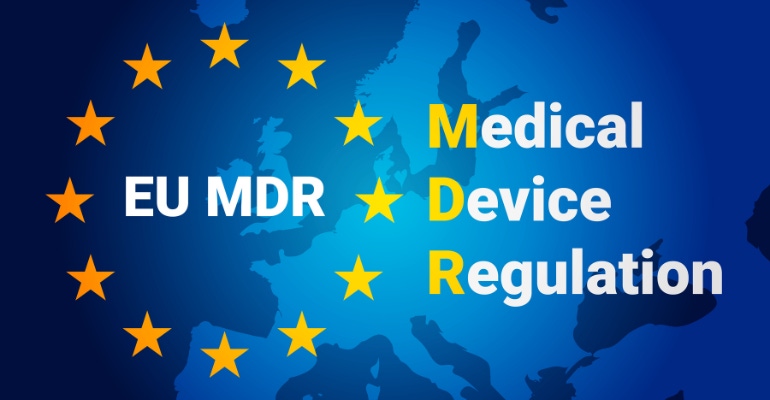Mastering the European Medical Device Regulation Maze
A regulatory expert will discuss strategies for navigating the new EU Medical Device Regulation at BIOMEDevice Boston.
August 30, 2023

The European Union's Medical Device Regulation (EU MDR) has become much more sophisticated and specific.
Since taking effect in May 2017 the EU MDR includes more challenging protocols, including new requirements for the source of clinical data, a clinical investigation pathway that is mandatory for certain types of new products, a more comprehensive clinical evaluation process, a longer and more complex procedure for conformity assessment, and a more robust set of post-market surveillance standards. Based on how many of today’s manufacturers approach these compliance measures, MDR could become a real problem for some companies.
According to Antal Solyom, director of the medical device unit at HungaroTrial, a contract research organization (CRO) based in Central and Eastern Europe, today’s manufacturers are lacking critical information regarding the EU MDR in most instances.
“Sometimes the size and annual revenue of a company will limit the potential to move forward with MDR certifications,” Solyom said.
Solyom will address this topic in detail at BIOMEDevice Boston on Sept. 21 during a session called, “Biggest Challenges Faced by the Manufacturers in EU as MDR Becomes in Full Force.” “Having the right type of information will provide needed assistance for many in understanding medical device regulation and moving in the proper direction,” Solyom told MD+DI.
Today’s EU MDR considerations
Solyom plans to discuss how to navigate the certification process appropriately, understanding the timelines involved to achieve MDR (as well as the minimum amount of time required to complete each step in the process), post-market clinical follow-up (PMCF) data and investigations for existing products, and the most important points needed to be addressed for clinical evaluation, as well as the details needed to have a full understanding about conducting device improvement when necessary.
“Some of the most common misconceptions or mistakes that manufacturers have as it relates to the challenges surrounding medical device regulation are not conducting their time management appropriately, believing that past data are enough, or assuming that no post-market surveillance is needed because there’s never been any problems with their product,” said Solyom.
He also plans to educate attendees on current legal issues as well as additional challenges that have been most recently identified by EUDAMED, the IT system developed by the European Commission to implement certain regulations on medical devices and on in vitro diagnosis medical devices, and unique device identification (UDI), the numeric or alphanumeric code related to medical devices that allows for identification of specific devices on the market and facilitates traceability. A discussion on any existing urgent actions that manufacturers are suggested to take action on will also be part of the presentation.
Since becoming fully applicable in May 2021, the EU MDR has caused significant burden on manufacturers who are attempting to place products within the European Union from the initial steps of design to reaching the market and beyond, including many bottlenecks in procedure that are costing many of today’s manufacturers time and money.
As one with nearly 20 years of experience as a lead auditor and certifier, Solyom knows that addressing these types of challenges will give medical device manufacturers an advantage along the regulatory pathway when attempting to obtain a CE mark.
“I work with highly skilled and experienced professionals in this field to help medical manufacturers to navigate the path of medical device regulation; getting the CE marking; and preparing, supporting, and performing clinical investigations for medial devices that need clinical data,” he said.
About the Author(s)
You May Also Like


